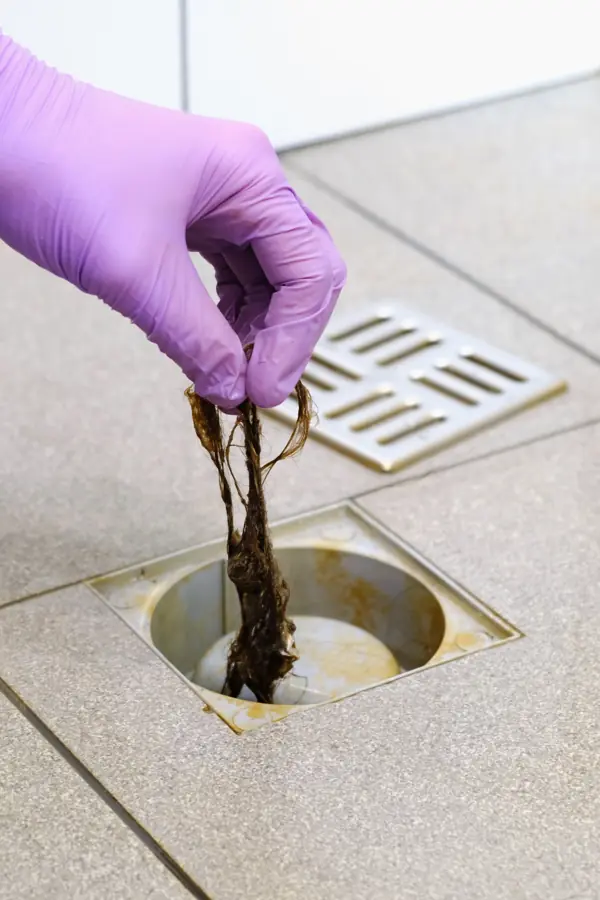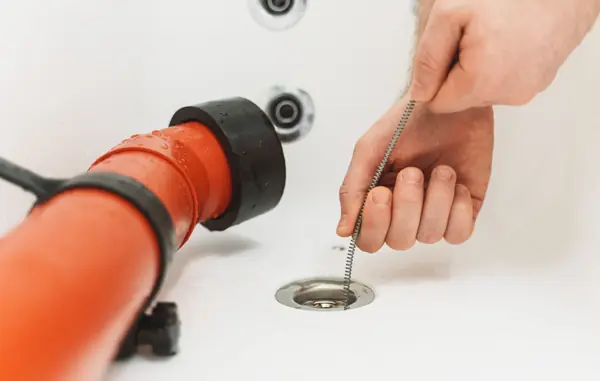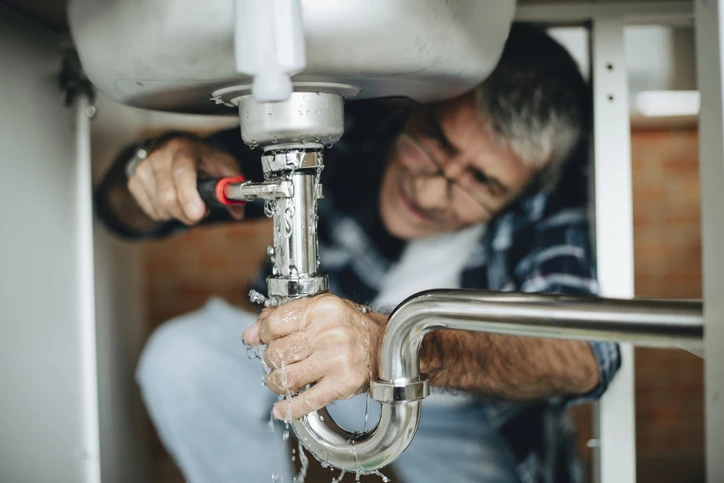Is your septic system’s drain field out of sight and out of mind? It shouldn’t be! The drain field plays a crucial role in filtering and dispersing wastewater, but without proper care, it can run into serious trouble. Clogged pipes, standing water, and foul odors are just a few of the headaches homeowners face when drain field maintenance is ignored.
The good news? Many of these problems are entirely preventable with a little regular upkeep. In this guide, we’ll walk you through easy maintenance tips to keep your drain field working efficiently and avoid costly repairs.
Whether it’s keeping an eye on water usage or scheduling routine inspections, proactive care ensures your septic system lasts longer and operates smoothly. Let’s dive into the simple steps you can take to prevent common drain field issues before they become a major problem.
What are common causes of drain field problems with regular maintenance?
Common causes of drain field problems, even with regular maintenance, often stem from issues related to the system’s usage or external factors. Some of these include:
- Excessive water usage: Overloading the septic system with less water quickly can overwhelm the drain field, preventing it from properly absorbing and treating wastewater. This can lead to pooling water and slow drainage.
- Flushing improper materials: Even with regular maintenance, flushing non-biodegradable items like wipes, diapers, or chemicals can clog the pipes and the drain field, reducing efficiency and causing blockages.
- Soil compaction: Parking heavy vehicles or placing structures over the drain field can compact the soil, reducing its ability to absorb wastewater and disrupting the filtration process.
- Tree roots: Roots from nearby trees or shrubs can infiltrate the drain field pipes, causing blockages, leaks, and reduced system performance.
- Septic tank failure: If the septic tank is not functioning properly, untreated solids can enter the drain field, leading to clogs and soil saturation, diminishing the system’s effectiveness.
Regular inspections and mindful system usage are essential to prevent these issues and ensure the drain field functions optimally.
How does regular maintenance help avoid drain field issues?
Regular maintenance helps avoid drain field issues by ensuring the septic system functions properly and efficiently. Here’s how:
- Prevents clogs and blockages: Regularly pumping the septic tank removes accumulated solids that can otherwise overflow into the drain field, causing clogs in the pipes or soil. This prevents wastewater from pooling on the surface or backing into the home.
- Identifies early warning signs: During routine inspections, professionals can spot potential problems such as small leaks, tree root infiltration, or early signs of drain field saturation. Addressing these issues early helps avoid costly repairs or system failure later.
- Maintains proper drainage: Routine maintenance ensures that wastewater flows smoothly from the tank to the drain field. The drain field can effectively treat and filter wastewater by keeping the septic system free of blockage, preventing issues like soil compaction or contamination.
- Promotes long-term efficiency: Proper care extends the life of the entire septic system, including the drain field. Regular pumping and maintenance allow the system to handle wastewater more effectively, reducing the risk of major breakdowns.
Regular maintenance minimizes the risk of drain field problems, helping maintain a healthy and efficient septic system.
Can regular drain field maintenance extend the system lifespan?
Yes, regular drain field maintenance can significantly extend the lifespan of your septic system. Here’s how:
- Prevents system overload: Routine septic tank pumping and inspections prevent solids from overflowing into the drain field, which can lead to clogs and blockages. Maintaining the system running smoothly reduces the risk of overloading the drain field, helping it last longer.
- Reduces soil saturation: Regular maintenance ensures that wastewater is properly filtered through the soil without overwhelming it. This prevents the drain field from becoming saturated, which can cause pooling water, foul odors, and reduced functionality.
- Identifies early issues: Through regular inspections, professionals can catch early signs of wear, damage, or inefficiency in the system, such as tree root intrusion, leaks, or pipe blockages. Addressing these issues promptly prevents more severe damage that can shorten the system’s lifespan.
- Promotes better absorption: Ensuring the drain field remains clear of debris, roots, or compacted soil allows it to absorb and treat wastewater efficiently over time, keeping the system functioning effectively for years to come.
Consistent maintenance protects the drain field and septic system from premature failure, extending its functional life and avoiding costly repairs or replacements.
What are the signs that your drain field needs maintenance?
Several key signs indicate your drain field may need maintenance or repair. If you notice any of the following issues, it’s important to act quickly to prevent more serious problems:
- Pooling water: Standing water or wet, soggy patches in the yard near the drain field, especially when it hasn’t rained, could indicate that the drain field is oversaturated and not properly absorbing wastewater.
- Foul odors: A persistent sewage smell near the drain field or inside your home can indicate that the septic system is not processing waste correctly and untreated wastewater is surfacing.
- Slow drains: If sinks, toilets, or showers drain slowly, it might indicate that the drain field is clogged or that the system is backed up and unable to handle the wastewater flow.
- Gurgling sounds: Unusual gurgling noises in your plumbing could suggest that the septic tank or drain field is struggling to move waste and water effectively.
- Lush, green grass: While healthy grass is generally a good sign, patches of unusually lush, green grass above the drain field may suggest that wastewater is surfacing and providing extra nutrients to the soil, indicating a problem.
- Sewage backup: In severe cases, untreated sewage can back up into your home, particularly in the lowest drains or toilets, signaling a failure in the septic system or drain field.
If any of these signs appear, it’s essential to schedule maintenance to address the issue and prevent further damage to your septic system and drain field.
Protect Your Drain Field with Regular Maintenance!
Protect your drain field with regular maintenance by the experts at Hi-Desert Plumbing! Our professional team is dedicated to helping you prevent common drain field problems before they become costly.
With routine septic tank pumping, inspections, and personalized care, we ensure your system functions efficiently and avoids clogs, blockages, and soil saturation. Proper maintenance extends the life of your drain field and keeps your septic system running smoothly.
Don’t wait for problems to arise—contact Hi-Desert Plumbing today to schedule regular maintenance and protect your home from costly repairs down the line!




